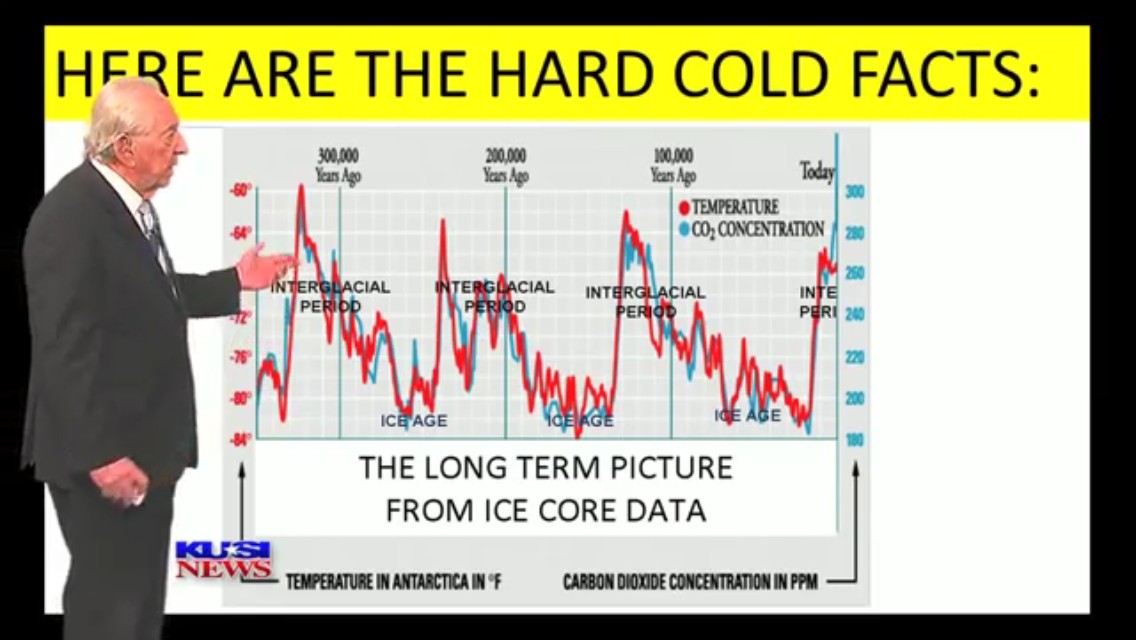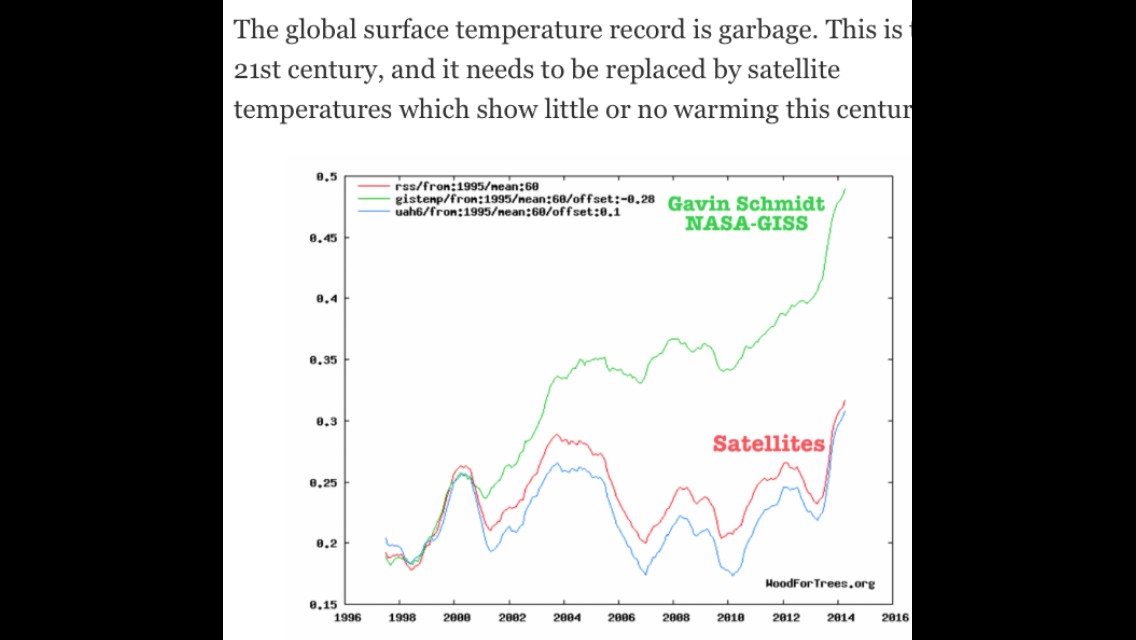Chuck I like your cut and paste and mustard with charts on green energy. You boys really do your work. Must stay up late and have sleepless nights dreaming of the new green revolution.
But here is reality most of the world couldn't give a rats ass about going green. All gore is a billionaire now promoting a religion that is more evil than any religion in the history of the world. People say the bible is fake we'll all gore isn't even in the same ball park.
But let's look at Canada and where boy wonder and the goof troup are taking us. Tax every thing and increase it every year forward to curb Canadians to go green. Great concept but reality is increasing costs just leads to problems.
It is starting already business will try for a few years to compete with the USA China and India without the green dream. Finally they will move shut down or go bankrupt. Then the high unemployment phase will hit, Tim hirtons and Burger King jobs don't pay the rent power or gas we need. Once the slippery Slope starts their is no turning around. But one other thing happens provinces and the country as a whole have to go into huge debt to keep this gam going. Proof in first year of the cowboy in charge in Ottawa. Billions spent and nothing for it. Ontario is teetering on the edge, Quebec without transfer payments is done. Manitoba and Alberta are heading to a brick wall and BC well that's another topic.
So once the destruction of Canada is started by no one working the rich move on. Yes boy wonder will not live here because of the crime and high taxes any future gov will have to do to straitened out this mess. He will keep his Canadian citizen ship but live else where. The poor will not be able to afford housing and power and heat. Ah welcome to the days behind the Berlin Wall.
See boys it's about jobs and good paying jobs, that oil gas and mining bring.
Building wind mills that cost more in power and energy to make than they return in their life time doesn't make sense.
Jobs will leave either by moving to a country without this bullshit green agenda or just close up shop like the mighty Eatons store years ago.
But the one thing that still gets me how a country so rich in oil and gas would kill this golden egg just to change and follow the path of green.
I'm not saying don't look into it, yes fund alternative energy projects and if we find one that works then go with that. But why kill oil and gas and leave it in the ground just to chase a unproven technology.
Bleed oil and gas till its days are done then switch. But bankrupting a country makes no sense.
So chuck keep preaching I for one can't believe you can't see jobs make the world go round without you have violence, crime, poverty and despair. Look at the poor neighbourhoods in Mexico that will be Canada some day and yes the rich will leave before it gets that far. Or the two classes in India and Pakistan. No middle your either piss poor or filthy rich. Welcome to your world and again jobs and good paying jobs make the world go round.
But here is reality most of the world couldn't give a rats ass about going green. All gore is a billionaire now promoting a religion that is more evil than any religion in the history of the world. People say the bible is fake we'll all gore isn't even in the same ball park.
But let's look at Canada and where boy wonder and the goof troup are taking us. Tax every thing and increase it every year forward to curb Canadians to go green. Great concept but reality is increasing costs just leads to problems.
It is starting already business will try for a few years to compete with the USA China and India without the green dream. Finally they will move shut down or go bankrupt. Then the high unemployment phase will hit, Tim hirtons and Burger King jobs don't pay the rent power or gas we need. Once the slippery Slope starts their is no turning around. But one other thing happens provinces and the country as a whole have to go into huge debt to keep this gam going. Proof in first year of the cowboy in charge in Ottawa. Billions spent and nothing for it. Ontario is teetering on the edge, Quebec without transfer payments is done. Manitoba and Alberta are heading to a brick wall and BC well that's another topic.
So once the destruction of Canada is started by no one working the rich move on. Yes boy wonder will not live here because of the crime and high taxes any future gov will have to do to straitened out this mess. He will keep his Canadian citizen ship but live else where. The poor will not be able to afford housing and power and heat. Ah welcome to the days behind the Berlin Wall.
See boys it's about jobs and good paying jobs, that oil gas and mining bring.
Building wind mills that cost more in power and energy to make than they return in their life time doesn't make sense.
Jobs will leave either by moving to a country without this bullshit green agenda or just close up shop like the mighty Eatons store years ago.
But the one thing that still gets me how a country so rich in oil and gas would kill this golden egg just to change and follow the path of green.
I'm not saying don't look into it, yes fund alternative energy projects and if we find one that works then go with that. But why kill oil and gas and leave it in the ground just to chase a unproven technology.
Bleed oil and gas till its days are done then switch. But bankrupting a country makes no sense.
So chuck keep preaching I for one can't believe you can't see jobs make the world go round without you have violence, crime, poverty and despair. Look at the poor neighbourhoods in Mexico that will be Canada some day and yes the rich will leave before it gets that far. Or the two classes in India and Pakistan. No middle your either piss poor or filthy rich. Welcome to your world and again jobs and good paying jobs make the world go round.



Comment